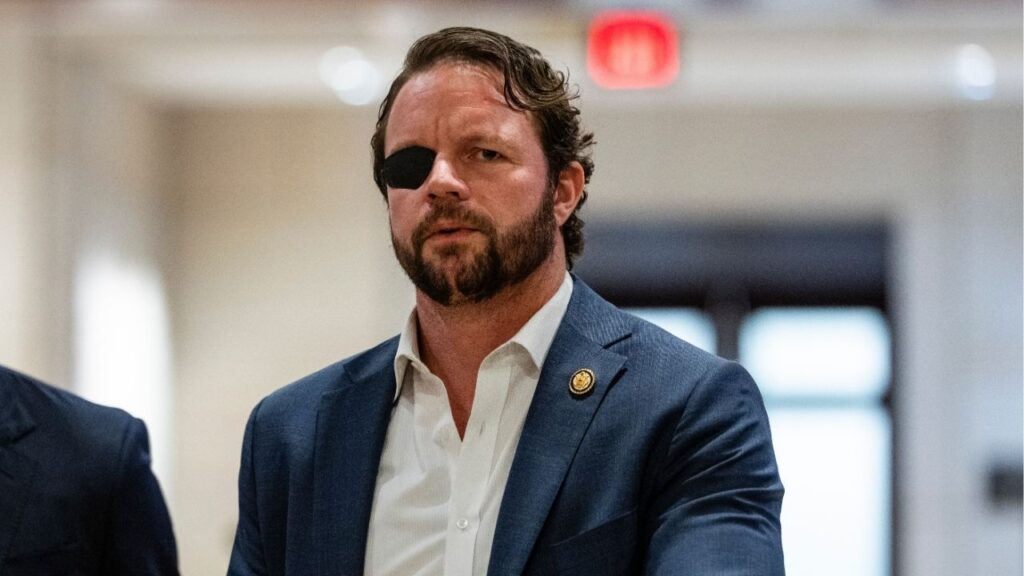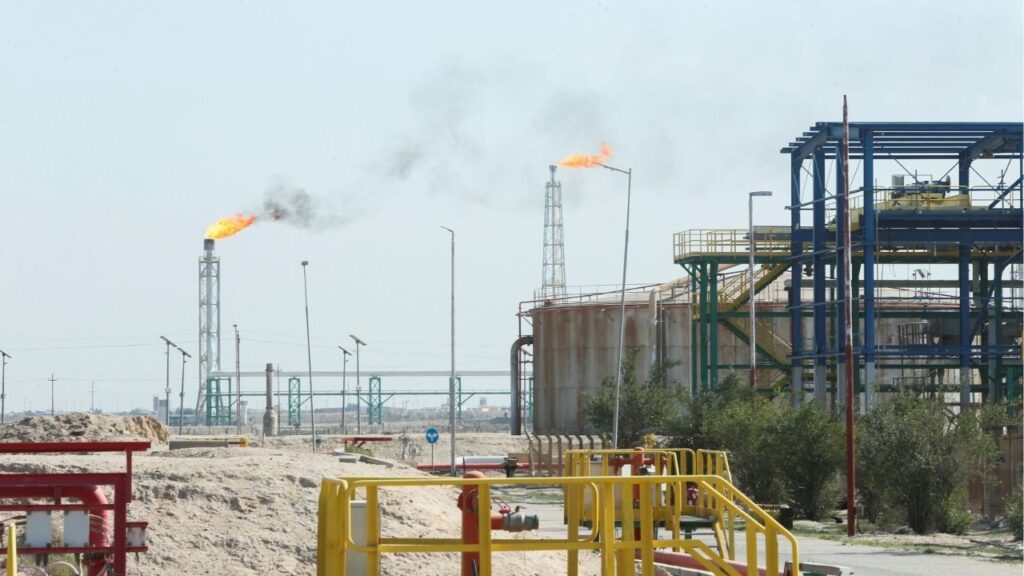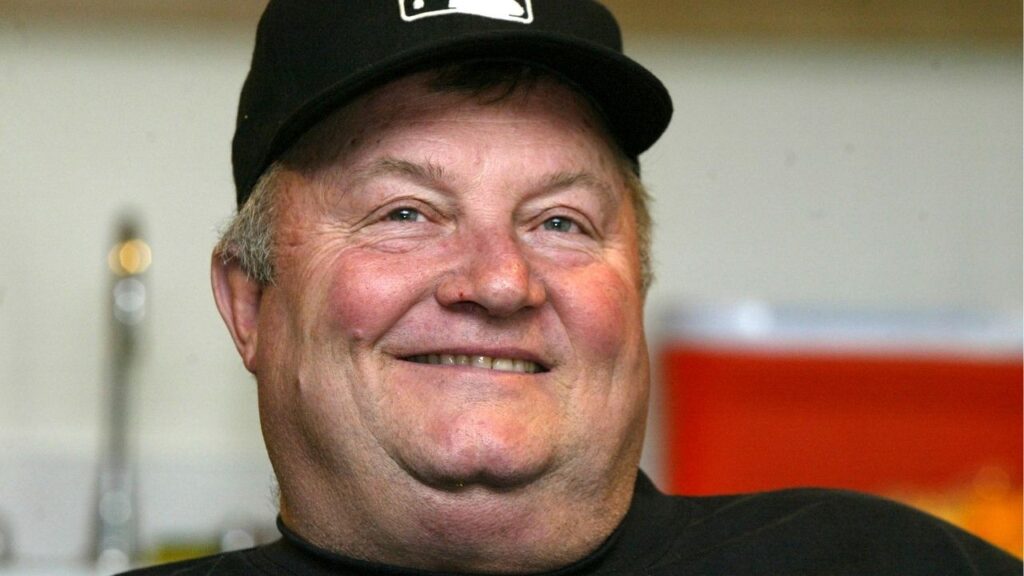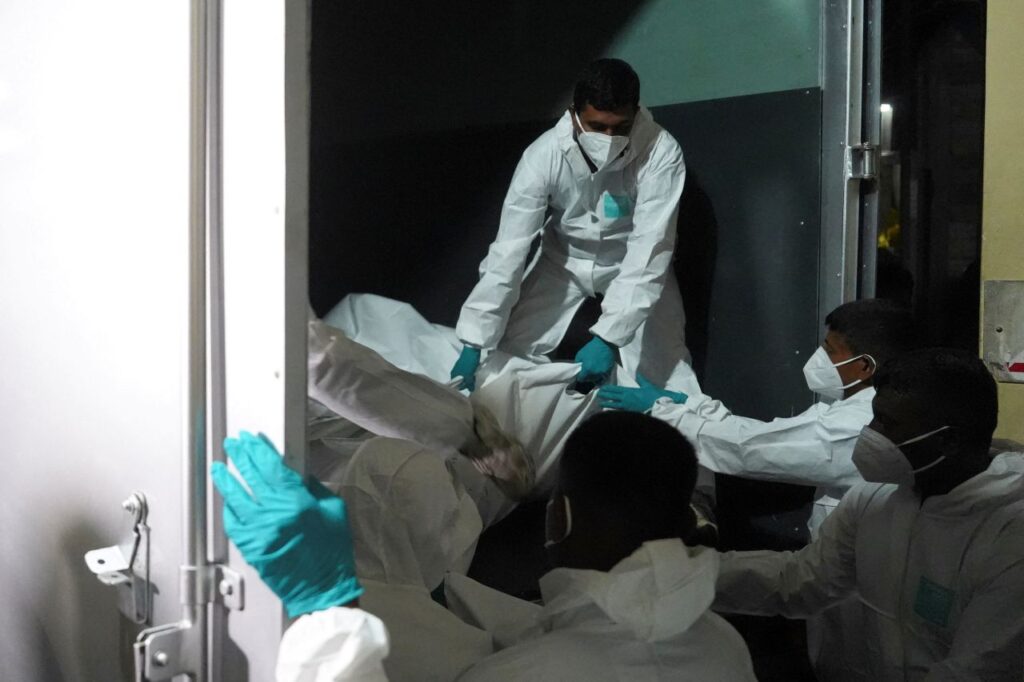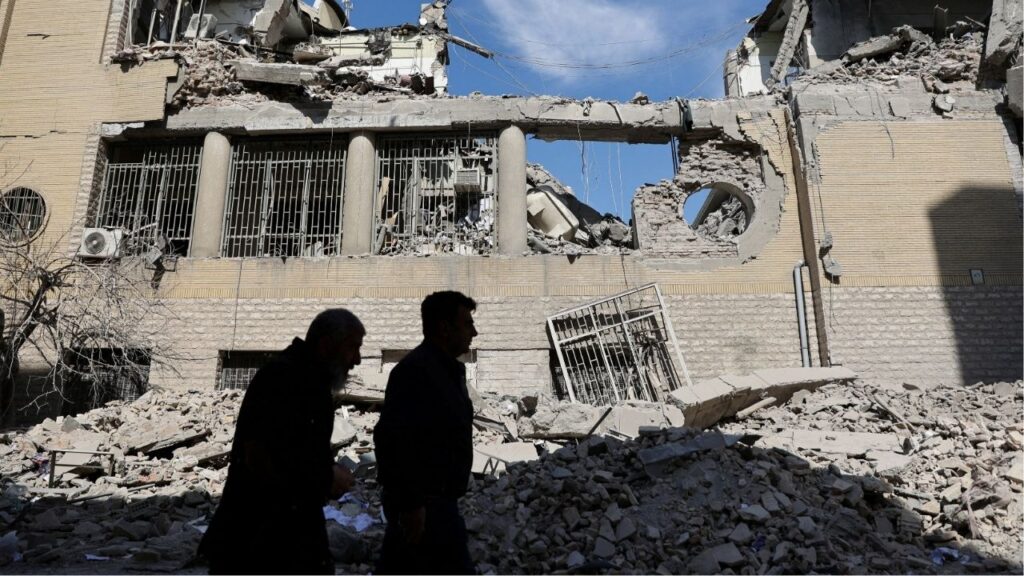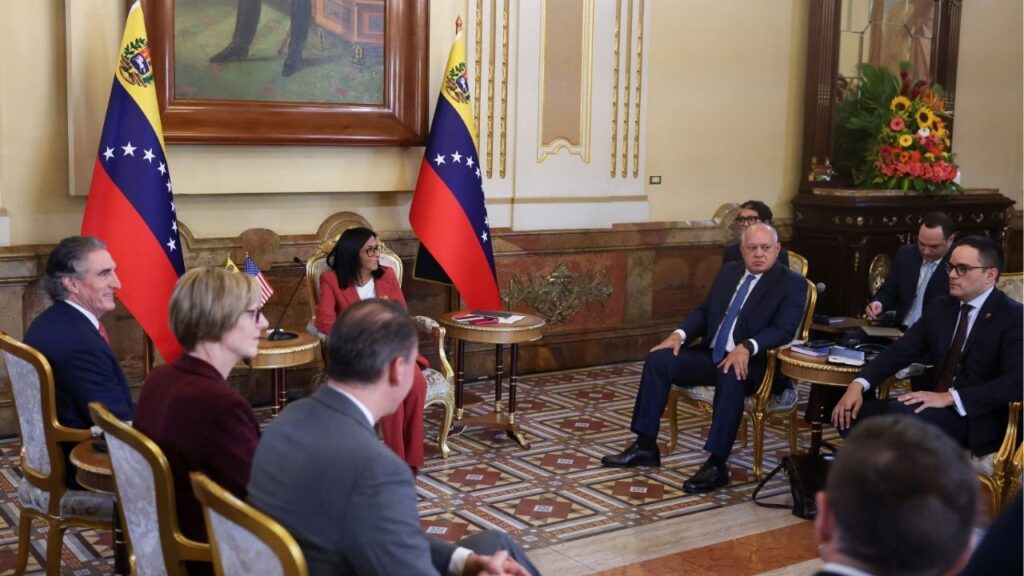Share
WASHINGTON — Regrouping after a humbling weekend rally, President Donald Trump faces another test of his ability to draw a crowd during a pandemic Tuesday as he visits Arizona and tries to remind voters of one of his key 2016 campaign promises.
First, the president will travel to Yuma to mark the construction of more than 200 miles of wall along the U.S.-Mexico border, an issue that he built his campaign on four years ago. Later, he’ll address a group of young Republicans at a Phoenix megachurch, where event organizers have pledged thousands will attend.
Throughout the trip, the COVID-19 pandemic will shadow Trump. The Democratic mayor of Phoenix made clear that she does not believe the speech can be safely held in her city — and urged the president to wear a face mask.
“Everyone attending tomorrow’s event, particularly any elected official, should set an example to residents by wearing a mask,” said Mayor Kate Gallego. “This includes the President.”
Trump has refused to wear a mask in public, instead turning it into a red-vs.-blue cultural issue. Polling suggests that Republicans are far less likely to wear a face-covering than Democrats despite health experts’ warnings that it dramatically reduces the risk of transmitting the virus.
Campaign Officials Assessing the Fallout From Low Turnout in Tulsa
The “Students for Trump” event will be held at the Dream City Church and broadcast to groups across the nation. Students for Trump is a special project of Turning Point Action, a group chaired by Trump ally Charlie Kirk, which is hosting the president for his address. Organizers said health and safety measures were being finalized and it was unclear if attendees would be asked to wear masks or keep socially distant.
Since late May, Arizona has emerged as one of the nation’s most active hot spots for the spread of COVID-19. Use of hospitals, intensive care units, and ventilators has set daily records over the past week.
Photos of restaurants and bars crowded with unmasked patrons ignited controversy. Republican Gov. Doug Ducey, a Trump supporter, reversed himself last week and allowed cities and counties to require people to wear masks in public places. Most have, including Phoenix and Yuma, and the counties that surround them.
Arizona is seeing disturbing trends in several benchmarks, including the percentage of tests that prove positive for the virus, which is the highest in the nation.
The state’s positive test rate is at a seven-day average of 20.4%, well above the national average of 8.4% and the 10% level that public health officials say is a problem.
Campaign officials are still assessing the fallout from low turnout in Tulsa amid concern about the virus.
Campaign officials stressed that rallies would remain a staple of the president’s reelection strategy but allowed that they may, in certain states, need to change slightly. Discussions were underway about having them in more modest venues or outdoors, perhaps in airplane hangers and amphitheaters, or in smaller cities away from likely protesters.
But officials believe that Trump’s ability to draw thousands of supporters out during a pandemic sets up a favorable contrasting image with Democratic rival Joe Biden. Still, the campaign has struggled to find effective attack lines on Biden.
Biden, like Trump, has had struggles with young voters but the former vice president’s campaign has expressed hope that the national protests against racial injustice may change that.
Trump’s Focus on Long-Promised Border Wall Meant to Shore up Support
Trump’s visit to the Phoenix megachurch will come on the same day that Pence kicks off a faith-centered tour, highlighting the central position that religious conservatives -– particularly white evangelicals, but also right-leaning Catholics -– continue to occupy in the president’s base. Yet even as Trump’s campaign overtly courts religious voters, there are signs of softening support among voting blocs the president can’t afford to lose.
Trump’s focus on construction of his long-promised border wall also is meant to shore up support with his most loyal supporters.
His administration has promised to build 450 miles by the end of the year, but that seems unlikely. The government has awarded more than $6.1 billion in construction contracts since April 2019 for various projects along the border. It has also waived procurement rules that critics say make the process of awarding multi-million dollar contracts secretive and opaque.
The White House this month floated a theory that travel from Mexico may be contributing to a new wave of coronavirus infections, rather than states’ efforts to reopen their economies. It was not clear that the evidence supports the theory.
Trump’s first visit to the border in more than a year comes a day after another hardline immigration move. The Trump administration said Monday that it was extending a ban on green cards issued outside the United States until the end of the year and adding many temporary work visas to the freeze, including those used heavily by technology companies and multinational corporations.
The administration cast the effort as a way to free up jobs in an economy reeling from the coronavirus.
RELATED TOPICS:
Categories
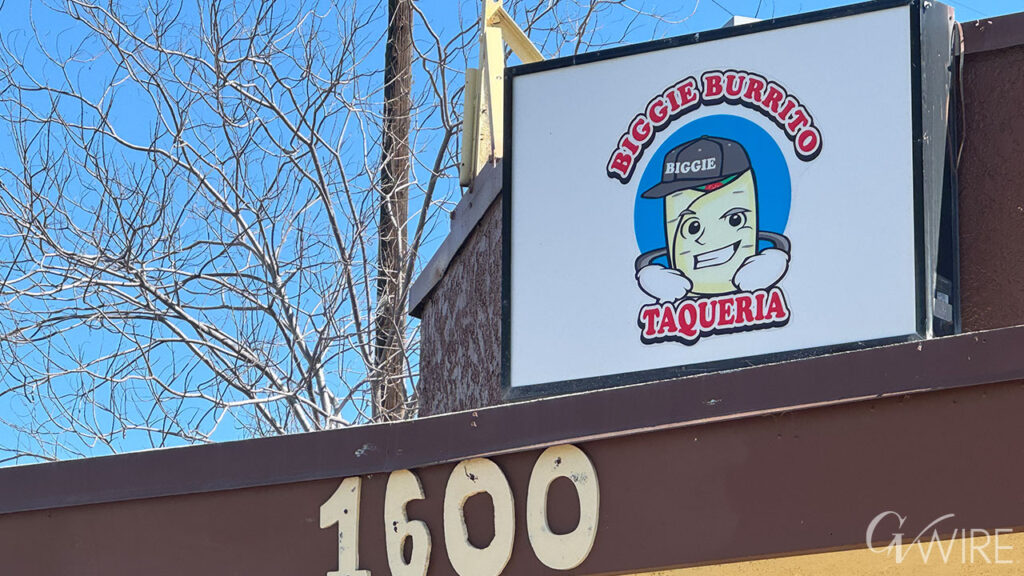
After Burrito Shop Collapse, City of Fresno Sues for Wage Theft
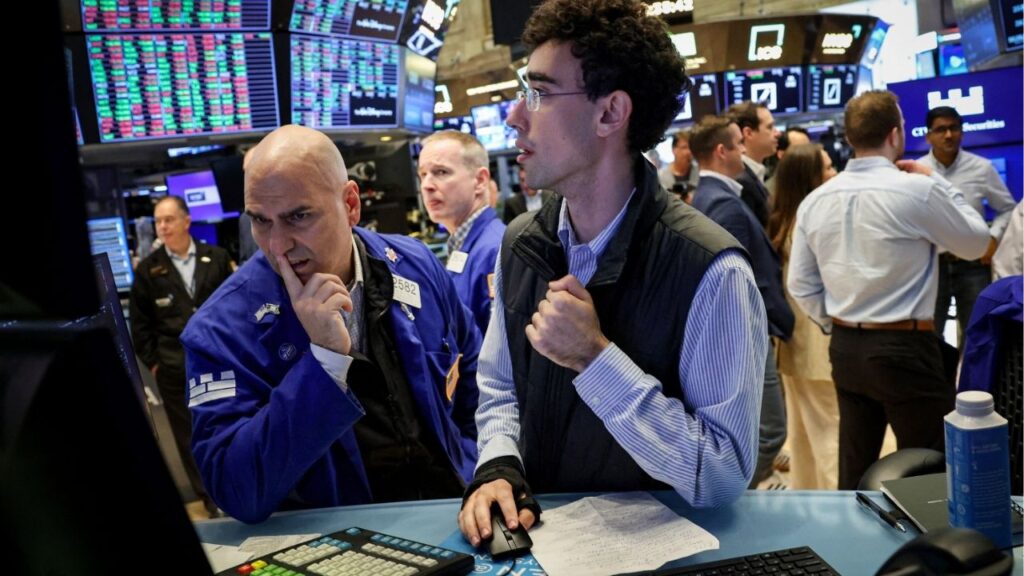
Wall Street Gains After Report of Iran’s Secret Outreach to US
